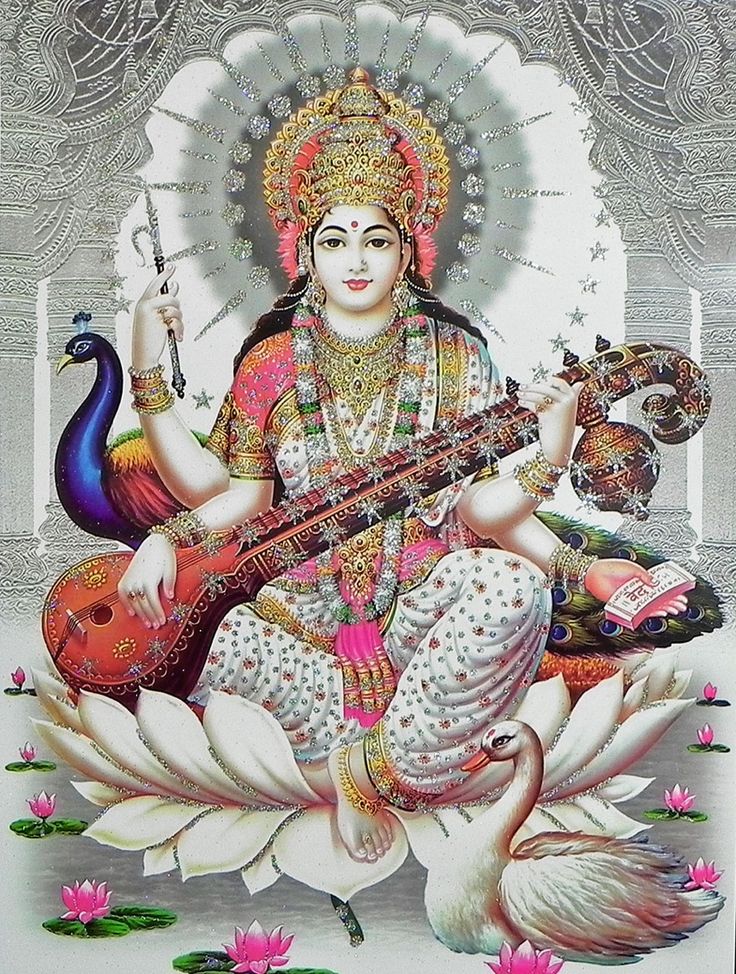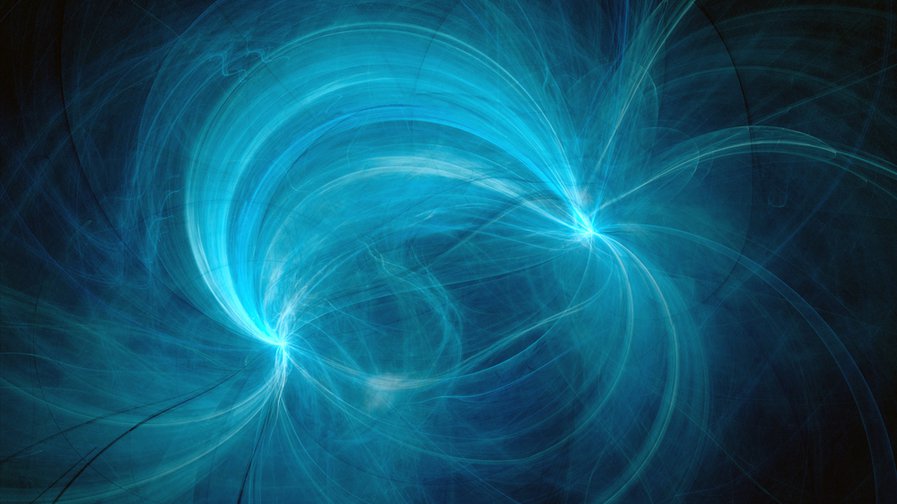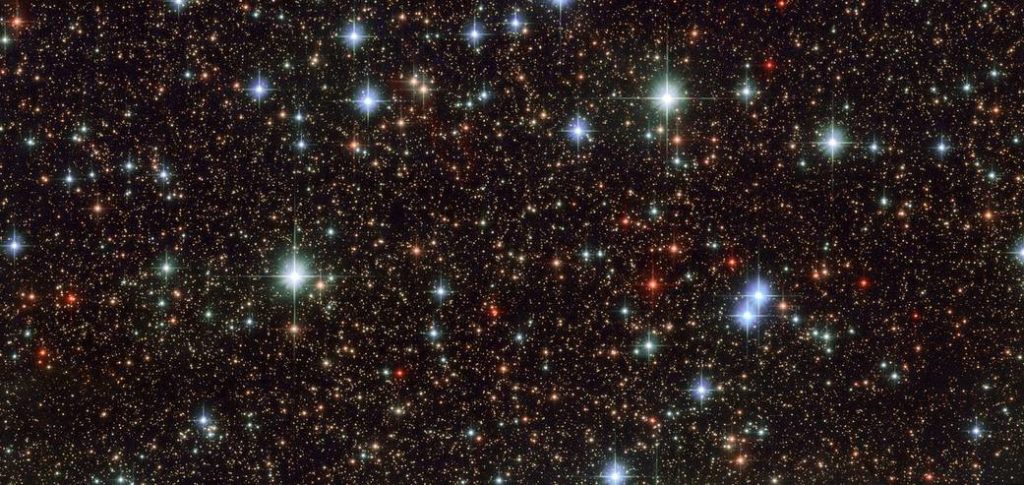A bunch of years ago, when I was twenty, I left the church I’d grown up in, where I’d been trained to think of God as God-the-Father: a literal, corporeal, male parent. I couldn’t reconcile that mythic system with the complexity of the rest of the world. So I bowed out, and I started rebuilding my thoughts about religion from scratch. Two ideas had strength for me. The first was, Follow your bliss because no one’s going to do it for you (thank you, Joe Campbell). The second was, You’re always allowed to change your mind.
But what was that supposed to mean — follow your bliss? I wasn’t sure what my bliss was, much less how to follow it. I decided to substitute a different word: fascination. I knew what it meant to feel the fizz of interest, and to attend closely to the people-places-parties that elicited that electricity, so I went with that.
Then I encountered complexity theory, a branch of science that studies how complicated, increasingly ordered systems emerge in the universe. These phenomena seem to thumb their collective nose at the second law of thermodynamics, which states that disorder, or entropy, always increases. Complexity theory describes the magic that happens at the edges of order and disorder, when organization gets a little chaotic, and chaos gets a little organized, and all of a sudden newness bursts forth: new planets, species, organisms, art. In his book Reinventing the Sacred, the complexity theorist Stuart Kauffman writes that “a wondrous radical creativity without a supernatural Creator” is an attribute of the universe. “God,” he says, “is our chosen name for the ceaseless creativity in the natural universe, biosphere, and human cultures.”
When I read that, my whole body seemed to ring. I rose up off the sofa, book in one hand and a cup of tea in the other. The tea began flying out of the mug, but time slowed down so much that I was able to circle the cup around the moving liquid and gather it back, still thrilling to this idea: creativity inheres in the universe. Not just in Mozart, not just in Shakespeare. In the universe, meaning everything, meaning all of us. God is that which creates, whenever creation occurs.

I was thinking about all this, and I asked my bbf (beloved boyfriend) what he thought God was. Without missing a beat, Michael said, “The zingy-zangy around everything.” See why I love him so much? He gets it.
And doesn’t “zingy-zangy” sound like bliss, like the sizzle and spark of fascination, like the fire and fuel of passion? Following bliss is the same as following the zingy-zangy, which is God, which means your bliss is God is fascination is passion is the creativity which gives rise to the emergence of new complexity.
The times I’ve experienced the zingy-zangy most profoundly have had a bodily sensation of vastness and openness, with feelings of awe, wonder, and love that extend past all horizons in all directions. These moments happen at the edges of order and disorder, in psychological places outside judgments of good and bad, right and wrong — places I experience as amazing. Or heartbreaking. Or beautiful. Places defined by intensity.
 A felt sense of vast possibility pulses in the infinite space at the invisible edge, outside and all around the ordered systems of our lives. Our complex material bodies and complex, seemingly immaterial consciousness cooperate in even more complex ways that still elude understanding. Who knows what could happen when our ordered selves encounter the disorder of death? Complexity theory suggests that it could be something new, meaning we can’t predict it and it could be different for everyone. It could feel like what religions sometimes refer to as heaven.
A felt sense of vast possibility pulses in the infinite space at the invisible edge, outside and all around the ordered systems of our lives. Our complex material bodies and complex, seemingly immaterial consciousness cooperate in even more complex ways that still elude understanding. Who knows what could happen when our ordered selves encounter the disorder of death? Complexity theory suggests that it could be something new, meaning we can’t predict it and it could be different for everyone. It could feel like what religions sometimes refer to as heaven.
Last month my graduate coursework ended, a three-year marathon with no breaks between quarters. The day after my last class, I woke up late and lay in bed for an hour, feeling leaden and empty, drained of emotion and motivation. I hovered at the edge of the ordered system of the previous three years, and the disorder of the unstructured future. Then ideas about this blog post started rolling around in my mind like billiard balls. Two of them connected with a satisfying thwack, and I felt the first stirrings of vitality return, a small spring of interest, energy, enthusiasm — a word whose root means “God within,” which therefore also means bliss – fascination – creativity – passion. The great zingy-zangy.
Another phenomenon that emerges in this zingy-zangy universe is agency. In other words, you get to choose how to engage with the world, with bliss, with creativity, with the same zingy-zangy that gave rise to agency in the first place. And you’re always allowed to change your mind.
As expressions of the zingy-zangy — children of it, so to speak — we are invited to play with it. All it takes is the merest time-out, a tiny break in the hypnosis of thought, a sliver of silence to listen for tingle, to feel for the fizz, to savor the sparkle that infuses your being.
Shh… there it is. Do you feel it? Open to it. Sink into it. Let it have you. Now smile. Feel the shimmer strengthen? Feel it twinkle? That’s your bliss. That’s creativity. It’s the great zingy-zangy smiling back.

